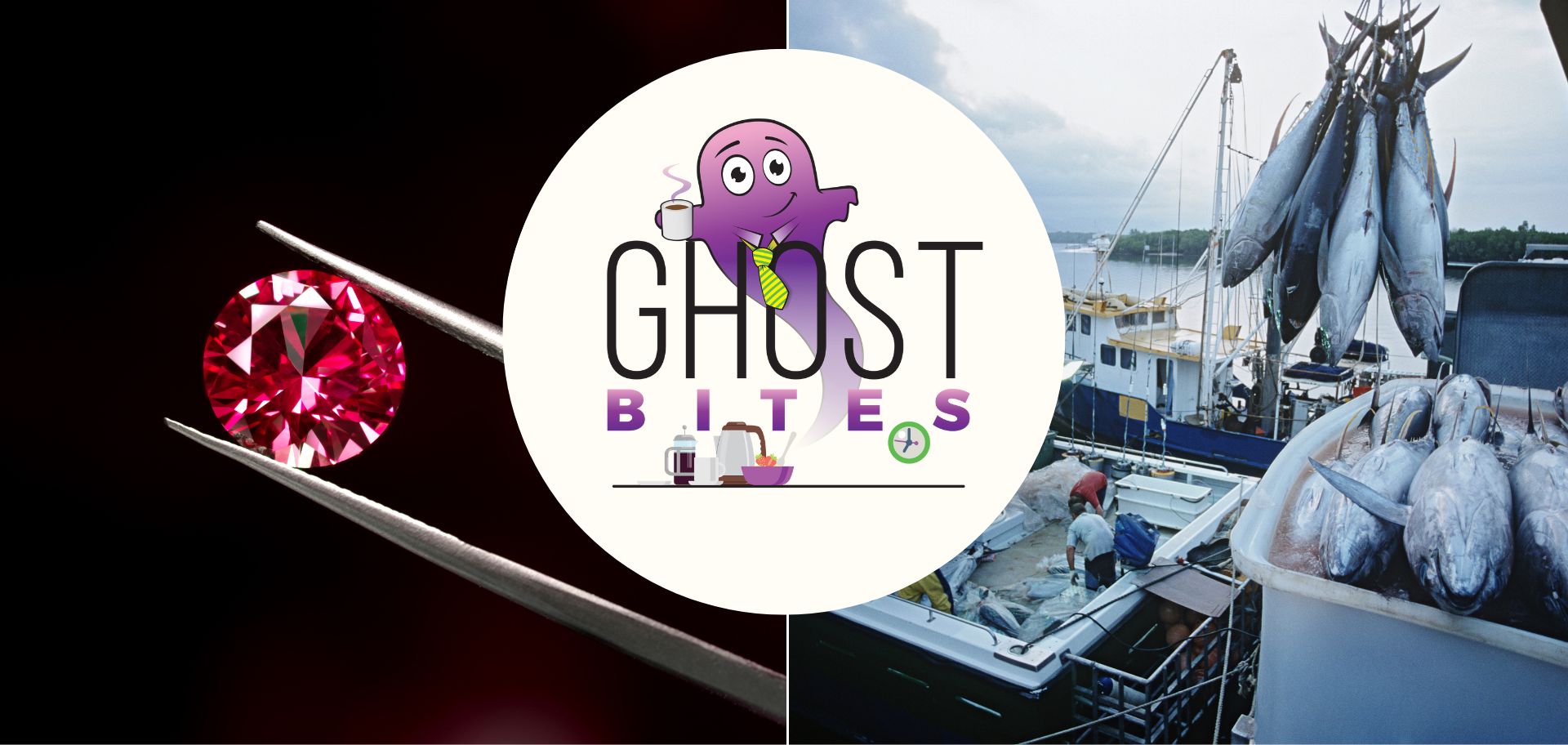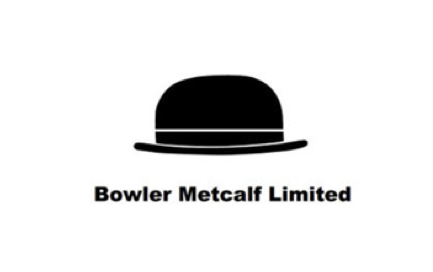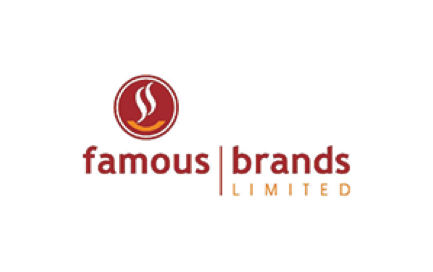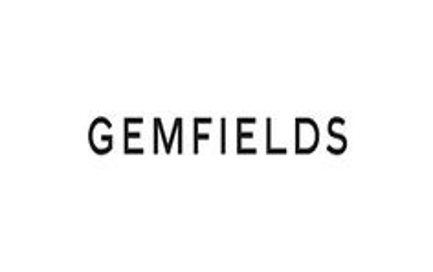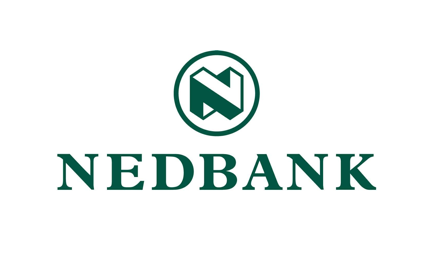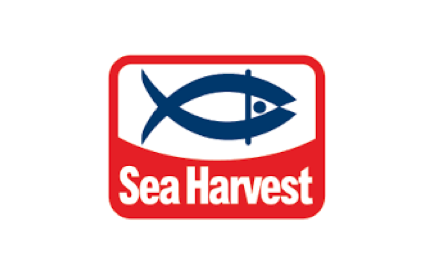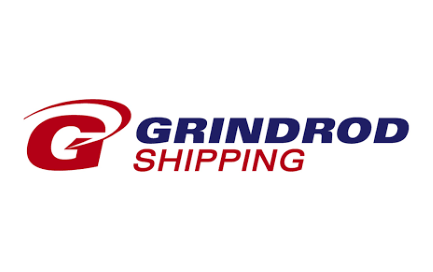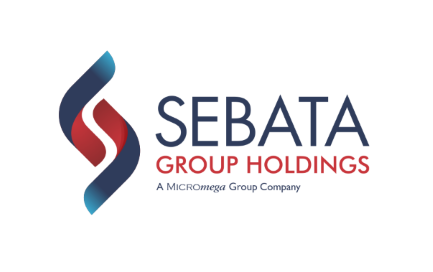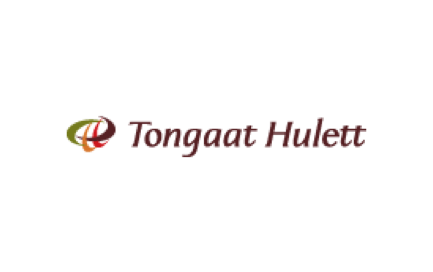Get the latest recap of JSE news in the Ghost Wrap podcast, brought to you by Mazars:
A tip of the hat to Bowler Metcalf (JSE: BCF)
Earnings are way up
Bowler Metcalf has one of the simplest websites around, with the black hat as the logo and not much else. That’s fine, because shareholders care more about performance than prettiness – or at least, they should.
For the year ended June 2024, the performance was certainly there. The plastic packaging group has grown headline earnings per share (HEPS) by between 42.5% and 62.5%, coming in at between 146.8 cents and 167.3 cents. That’s a big move vs. 102.96 cents in FY23 and also represents strong growth vs. FY22 HEPS of 116.25 cents, so this wasn’t just thanks to a weaker base period.
The better results are attributable to higher volumes, which in turn lead to manufacturing efficiencies and economies of scale in the business. Capacity utilisation is a critical part of profitability in a manufacturing business. This performance helped offset the costs of planned maintenance in the properties.
Detailed results for the year are due on 10 September.
After Friday’s share price jump of 11.2%, the year-to-date performance is now 21.7%.
An unappetising update from Famous Brands (JSE: FBR)
March to June haven’t been great
As part of releasing the results of the AGM, Famous Brands also gave a trading update for the March to June 2024 period. This means four months worth of trade, or a third of the financial year, which means the pressure seen over these months puts the rest of the year under a lot of pressure.
They are struggling “across all markets” with weak consumer demand and it was especially bad in March and April. When you consider that load shedding was gone over this period, this takes me back to the view I always had: load shedding helped Famous Brands on the top line. It may have impacted their operating costs as restaurants, but it also encouraged people to get out the house rather than sit in darkness.
The worst of the pressure seems to be in Signature Brands, which includes the more upmarket formats. This speaks directly to consumer affordability. The Leading Brands segment was described as having a continued revenue recovery in South Africa and SADC, especially in the Casual Dining Restaurants format, with customers responding to value offerings. This also tells us a lot about affordability.
And when there are fewer burgers going out the front door, there are fewer burger ingredients arriving at the back door. As Famous Brands has a substantial logistics business, that’s a double-whammy impact for the group. With high fixed costs in logistics, a drop in volumes leads to higher overhead absorption per unit sold and thus lower gross margins.
It’s not great beyond our borders either, with the AME segment suffering from disruptions in markets like Kenya. And in the UK, sales are down year-on-year.
The only silver lining here is that inflationary pressure on food is stable at the moment, so menu prices are settling. That’s good news when consumers are already struggling to eat out.
The announcement came out after market close, so keep an eye on Famous Brands on Monday morning.
Here’s the year-to-date share price chart:

Gemfields released an operational update (JSE: GML)
The disclosure is pretty irritating though, with no comparative numbers given
One of my pet hates on the market is when companies release an update that doesn’t have the numbers for the prior period. They aren’t allowed to do this for formal financial releases of course, but there are no set rules for operational updates. I just don’t see the point of having shareholder communication if you aren’t actually communicating in a useful manner.
In the six months to June 2024, Gemfields generated auction revenues of $121 million. Maybe the reason why they left out the comparative number is because they made $145 million in the prior year? I had to go digging for that number, of course.
They have a net debt position of $44.4 million, which is very different to a net cash position of $62 million a year ago, in both cases excluding auction receivables. They have been investing heavily in capital expenditure.
So, it’s the usual story. When companies don’t want to highlight a worrying trend, they will just leave out the comparative. Thankfully, I’ve seen this enough times on the market to know that digging is usually a worthwhile exercise.
Nedbank puts on its green boxing gloves (JSE: NED)
The dispute with Transnet and the Special Investigating Unit is escalating
Remember the name Regiments Capital? State capture? All that stuff? Well, here’s a little throwback for you.
Way back in 2015 and 2016, there were interest rate swap transactions between Nedbank and Transnet, with Regiments Capital acting as Transnet’s financial advisors. After much noise around these structures in the wake of the report on state capture, Nedbank is steadfast in its view that none of the bank’s staff did anything dishonest or corrupt. Despite this, review proceedings have been served on Nedbank by Transnet and the Special Investigating Unit (SIU).
Slightly hilariously to be honest, the claim is that Nedbank made a profit of R2.7 billion on the swaps. People are somehow convinced that banks are these immense money making machines that can make billions on a single deal. Please consider for a moment how big that number is. Most JSE small and mid-caps don’t even have a market cap that size, let alone a profit on a single trade for a bank.
Nedbank notes that it actually made less than R43 million in margin on the swaps, which is still a lucrative trade but certainly a lot more reasonable. The bank also highlights that the swaps were commercially sound and achieved a fair return on equity of 15.5% over the life of the transactions.
Time will tell on this one, but the claim of a R2.7 billion profit sounds absurd to me.
Orion shows us there’s no reason to ignore South African retail investors (JSE: ORN)
The company raised R44 million under the Share Purchase Plan, which is excellent
For far too long in South Africa, the default has been to get out the little black book and phone institutional investors to raise capital. Over the long term, we cannot have a vibrant capital market like this. I discussed this recently with Paul Miller of Utshalo, the company that helped Orion with the Share Purchase Plan in the South African market. You can listen to how passionate he is about this issue in this podcast:
I’m genuinely really glad to see that the Orion raise has been a success, with A$3.6 million (around R44 million) raised under the Share Purchase Plan. R33.6 million was raised in South Africa and the rest would’ve been mainly in Australia.
This is a very helpful addition to the A$7.7 million raised from institutional and sophisticated investors earlier in the month. The key here is that the retail investors in the Share Purchase Plan were given the chance to subscribe for shares at the same price as the professional investors, thereby creating a level playing field and a fair relationship with all shareholders.
The total raise of A$11.3 million puts Orion in a strong position to complete the Bankable Feasibility Studies. Even more than that, I think it sends a strong message to South African companies and advisors that it’s time to stop ignoring retail investors as a source of capital.
Sea Harvest expects a major drop in earnings (JSE: SHG)
There are a number of factors at play here
Sea Harvest has released a trading statement dealing with the six months to June 2024 and it doesn’t tell a great story at all. HEPS will fall by between 33% and 38%, coming in at between 47.6 cents and 51.5 cents. Fishing businesses have notoriously volatile earnings and this is another example.
The reasons? For one thing, low catch rates in the South African business didn’t help. If you don’t catch the fish, you can’t sell them. Better pricing thankfully made up for the poor volumes, without which they would’ve been in much bigger trouble. Other issues included a late start to the Australian prawn fishing season (an issue that hopefully just shifts earnings later in the year), as well as demand and pricing pressure in key abalone market and prevailing high interest rates in South Africa and Australia.
Little Bites:
- Director dealings:
- A prescribed officer of Acsion Limited (JSE: ACS) bought shares worth R55.5k.
- Although Grindrod Shipping (JSE: GSH) is on the brink of delisting, it’s still worth referencing the latest shipping rates update as it has broader inflationary implications for your portfolio. Parent company Taylor Maritime Investments announced that its blended net time charter equivalent increased 7% vs. the prior quarter, which is a pretty big increase considering that this is a quarter-on-quarter rate, not year-on-year.
- Accelerate Property Fund (JSE: APF) announced that Dawid Wandrag will retire as joint CEO of the company due to emigration. Abri Schneider will therefore be the sole CEO with effect from 1 September.
- Sebata Holdings (JSE: SEB) released a trading statement for the year ended March 2024. It reflects a headline loss per share of between -103.65 cents and -100.75 cents, compared to a loss of -14.48 cents for the comparable period. The share price is R1.00 and you won’t see a Price/Earnings multiple of -1 too often!
- Tongaat (JSE: TON) has responded to media articles regarding a proposal received by the Business Rescue Practitioners as an alternative to the current Vision Parties proposal. Although the practitioners acknowledged that a proposal was received, they have also made it clear that they are legally obligated to implement that approved business rescue plan that is legally binding on all affected persons and the company.

